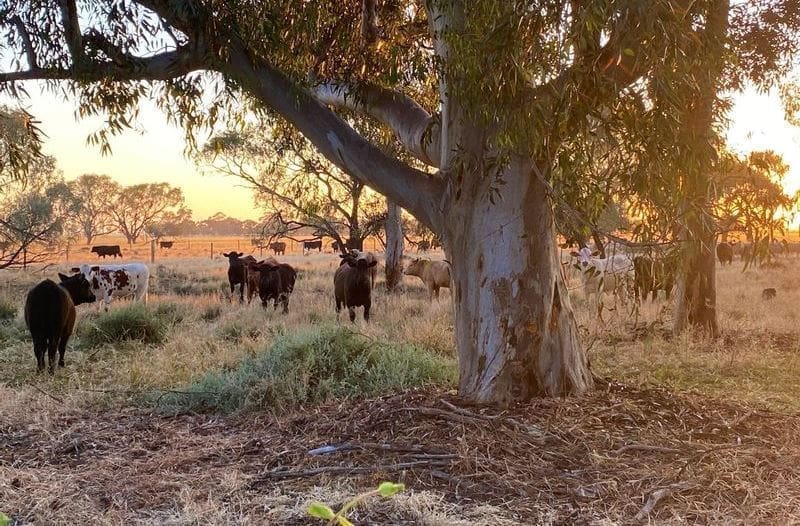A REPORT released by global real estate and professional services company, Colliers, has highlighted developing investment into “nature based solutions” as an opportunity for agriculture in the coming decades.
Colliers’ Agribusiness Transaction Services, based in Brisbane, has been involved in some major carbon and environment-related agribusiness transactions in recent years. This month it has released its ‘Demystifying Nature-Based solutions in Agribusiness’ report.
Led by Colliers head of agribusiness, Rawdon Briggs, and sustainability analyst, Grace Leung, they want to bridge the gap between maintaining farming productivity and revenues while enabling measurable and realistic ecological and carbon-based solutions.
Mr Briggs said: “this white paper and webinar shine a spotlight on Agribusiness with transaction and campaign insights, as well as key predictions, including the necessary shift to adapt to Natural Capital, Carbon, and ESG requirements—along with key strategies that can pave the way for this transformed market.”
Ms Leung said: “as an ecologist, it’s very encouraging to see companies like Colliers recognising the science and the economic reality that nature and business are interdependent.”
According to the white paper, current global investments in nature-based solutions sit at approximately US$133 billion but it is estimated that this needs to increase to $8.1 trillion by 2050 to tackle climate change and nature loss.
Highlighted in the report, Nature-based solutions are an umbrella term for environmental and sustainable practices which incorporate natural processes to solve problems in society. Applying them cleverly to the agribusiness sector establishes an economic, environmental and social virtuous circle.
A recent case study, Holroyd Station, shows that farmers can reduce their carbon emissions through indigenous fire management practices. Located in the Cape York Peninsula, North Queensland, Holroyd Station is registered under the Australian Government’s Emissions Abatement through Savana Fire Management Methodology.
The project is managed by Corporate Carbon who purchased the property for $29 million in 2022 via Colliers Agribusiness. By applying controlled burning strategies, the project has avoided emissions of 500,000T of carbon a year, equivalent to taking more than 110,000 cars off the road.
Another case study showcases environmental offsets for the Australia Pacific LNG Project. Dukes Plain was purchased in 2013 by Origin Energy via Colliers Agribusiness to meet the environmental conditions and offset requirements of the approval of the Australia Pacific LNG Project.
The offset area covers approximately 4,500ha out of a 7,900ha property in the Brigalow Belt of Central Queensland and has been identified by the Queensland Government as an important ecological corridor linking the Isla Gorge and Precipice National Parks. Since, the project has shown significant increases in vegetation height, with higher yields on revegetated brigalow paddocks than cleared paddocks, up to 30% increased productivity in gross margins per hectare.
Nature-based solutions key outtakes in the agribusiness sector:
- Nature-based solutions enhance a brighter future for the agribusiness sector by providing environmental, safe, healthy, and sustainable practices for farmers to evolve towards the ecological transition.
- These scientific-based practices help restore healthier soils and thriving ecosystems, which are essential for the local fauna and flora’s prosperity and the agribusiness sector’s viability.
- Applying ecological practices allows to mitigate climate change through reducing carbon emissions, recycling resources or prioritising local supply chains.
- They allow farmers and Traditional Owners to work collaboratively together on rehabilitating the land and conserving Australia’s natural heritage.
- Finally, they improve productivity and, in certain cases, help to diversify agribusiness portfolios. Nature-based solutions are increasingly recognised by the market as lucrative investment opportunities, driving a sustainable economy.
Webinar
To encourage successful dynamics, Colliers is holding a webinar on the 27 March at 8am to highlight sustainable initiatives, efficient processes, and positive outcomes. A panel of leaders in the industry, composed of Rawdon Briggs, head of agribusiness, Grace Leung, sustainability analyst, and Gary Wyatt, Corporate Carbon managing director, will be providing relevant insights into the sector.
Source: Colliers

